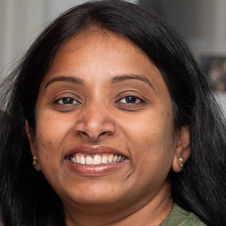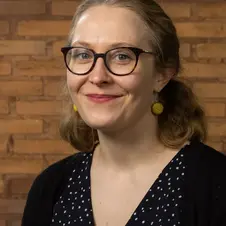top of page
Our People
Associate Supervisors
All DREAM+PLAN Doctoral Candidates (DC's) will have a Senior and Associate Supervisor from their employing institution in Europe. DC's recruited under the double degree conditions will have a Senior and Associate supervisor from both the Employing Institution in Europe, as well as the same from RMIT University, Australia. DC's will also have a dedicated Industry Partner Mentor PLUS flexible access to a wider pool of EU-based Industry Partner Mentors, through the ISPIM extensive network.
Click on the images below for introductions to our Associate Supervisors.
bottom of page




















































